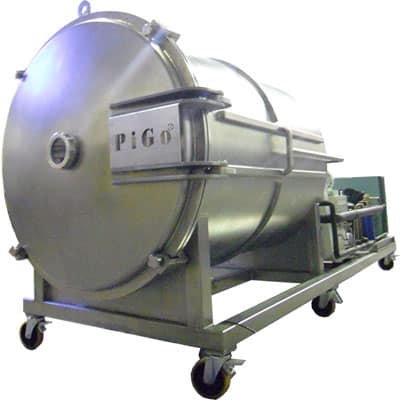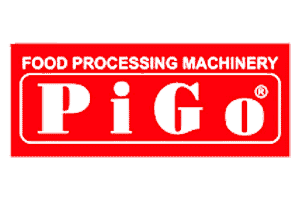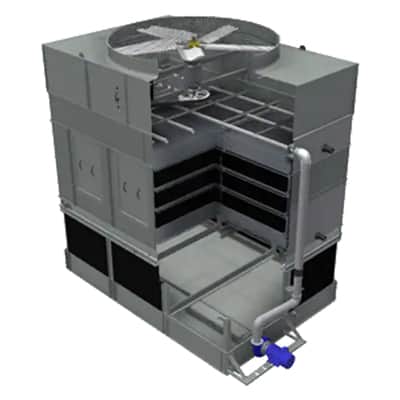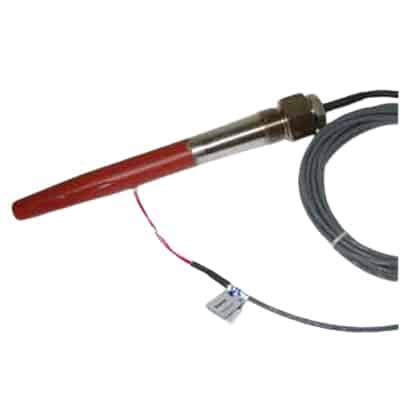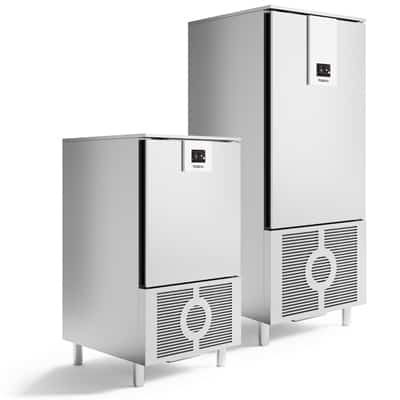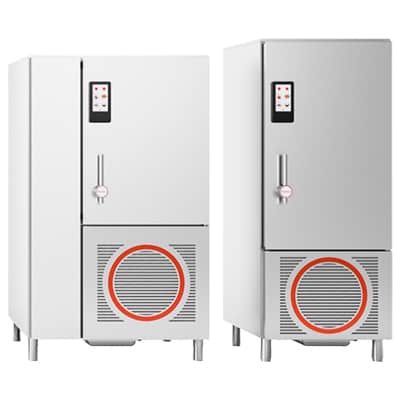PIGO srl has established itself as a world-class leader in the design and manufacture of high technology freezing equipment, fruit and vegetable processing equipment, and Freeze-Dryers.
PIGO srl designs, fabricates and assembles sophisticated pilot and production freeze dryers – lyophilizers, which includes a broad range of standard and custom freeze dryers.
The freeze drying – dehydration technology allows to save delicate aromas while drying the frozen product under vacuum, producing premium quality product. The ice contained in the product is sublimated, hence transformed from solid to gas and then trapped inside the condensation system. Premium sensorial properties for finished product, absolutely superimposable to those of the fresh product.
- Freeze drying is the drying of an already frozen product in a vacuum below the “triple point” (6.2 mbar = 4.6 torr). Here, water will only be present in two phases: ice and vapour. The vacuum allows the ice to turn directly into vapour without first passing through the water stage, in a sublimation process.
- Freeze drying is applied to dry a vast number of food products like fruit / berries / vegetables, meat / seafood, soup blocks, rice dishes, etc. and this preserves the product’s original shape, colour, taste, aroma and nutrients, and at the same time make them easy to store (no need for a cold chain) and serve.
- You can roughly estimate sublimated water amount by determining 90-95% of product weight intended as a typical batch. For example, if the product weight is 100 kilograms wet, you will need to condense capacity of 90-95 kg or liters to process the batch.
Generally, the Freeze Drying, or Lyophilization cycle is divided in three phases:
An initial IQF freezing process, carried out in such a way that:
- The product exhibits the desired crystalline structure.
- The product is frozen below its eutectic temperature.
A primary drying (sublimation) phase during which:
- The partial pressure of the vapor surrounding the product must be lower than the pressure of the vapor from the ice, at the same temperature.
- The energy supplied in the form of heat must remain lower than the product’s eutectic temperature (the highest allowable product temperature during the conditions of sublimation.)
A secondary drying aimed at eliminating the final traces of water which remain due to absorption, and where:
- The partial pressure of the vapor rising from the product will be at its lowest levels.
- At the completion of the process, the treated product will have retained its form, volume and original structure, as well as all its physical, chemical and biological properties. It can then be stored (provided packaging is effective to the reduction of moisture migration) for an almost indefinite period of time. As the product is porous, it can be re-dissolved by the simple addition of a proper solvent.

